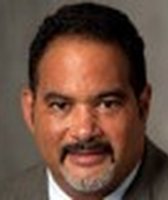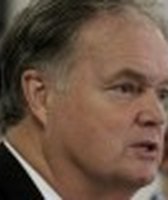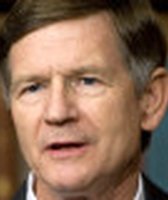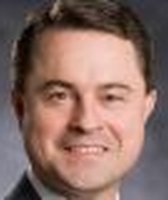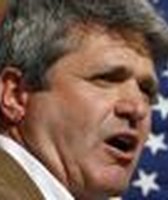Get PolitiFact in your inbox.
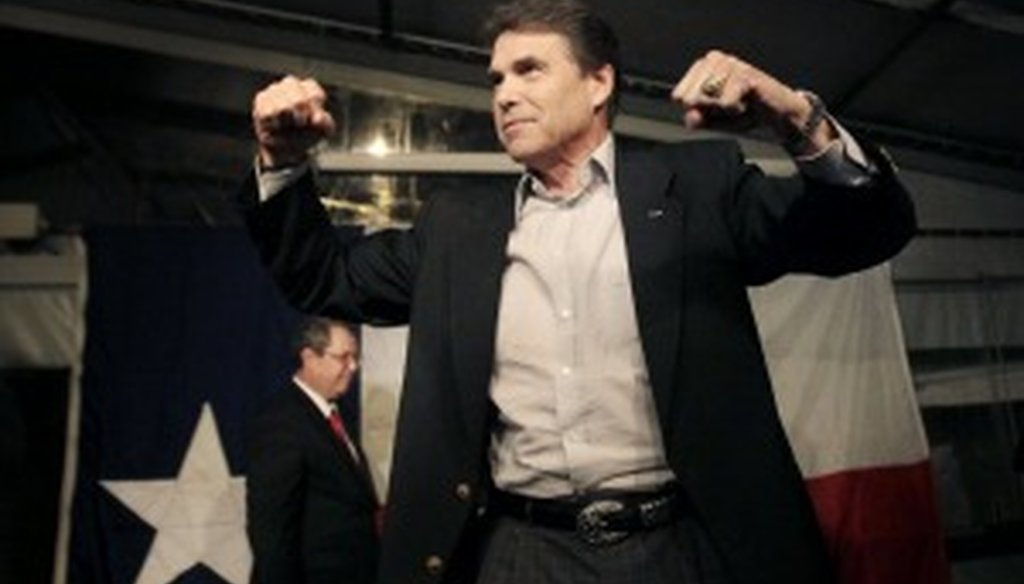
Gov. Rick Perry during a gubernatorial campaign event in 2010.
Texas Gov. Rick Perry didn’t preview the speech he’s set to deliver as the replacement speaker for Donald Trump at a New York County Republican dinner, but if past remarks are an indication, the state of Texas will draw applause.
Perry, governor since late 2000, has long touted the "Texas success story," though some of his claims did not hold up to scrutiny.
After winning the Republican gubernatorial primary in March 2010, Perry posted a cinematic Web video on his campaign site that listed more than 20 accomplishments. Readers got a twofer when we checked whether Texas is the "fastest-growing state" with the "most Fortune 500 companies."
In 2009, Texas was home to the most companies in the Fortune 500 compilation, which was topped by Irving-based Exxon Mobil, with more than $442 billion in revenue, and also included Texas-headquartered behemoths such as ConocoPhillips, AT&T and Valero Energy. Texas also gained more residents than any other state from July 2008 to July 2009, though it didn’t enjoy the highest rate of growth; Wyoming and Utah grew faster. Texas was outpaced by other states from July 2006 to July 2008 as well. We rated Perry’s claim Half True.
In a December 2009 press release, Perry similarly bragged about Texas growth when he said that more than 1,000 people move to the state every day: According to the U.S. Census Bureau, which Perry cited as his source, Texas gained 478,012 people from July 1, 2008 to July 2009. That’s about 1,300 people per day, but because that figure also counted births in the state, we rated his claim Mostly True.
Perry, who has tried to recruit out-of-state companies, also has boasted about California businesses relocating to Texas. He said in November: "Since the first of the year, 153 businesses at last count had moved out of California to Texas." We found that those 153 moves didn’t necessarily reflect companies picking up stakes to move here; they could have involved individual offices or branches of firms that continued to do business out of California. What’s more, 92 such businesses moved from Texas to California, leaving Texas with a net gain of 61. Half True.
And with more business come jobs. Perry spent much of his re-election campaign talking about job growth, and during his January 2011 State of the State address, he said: "Texas added more jobs in 2010 than any other state." According to a Jan. 25 report from the U.S. Bureau of Labor Statistics, Texas had the largest net job gain, with 230,800 jobs, well ahead of Pennsylvania (65,600) and Illinois (46,300). We rated Perry’s statement True.
Is Texas’ environmental record anything to gloat about? In June 2010, Perry said "the Texas clean air program achieved a 22 percent reduction in ozone and a 46 percent decrease in NOx (nitrogen dioxide) emissions" since 2000. We rated that Half True: Perry accurately referenced improvements in the state’s ozone levels, but his NOx statistic referred to only one source — industrial — even though nearly three-quarters of such emissions come from other sources. Also, whether the state deserves credit for the improvements is debatable, since federal regulations have also helped lower ozone levels.
Perry has resisted the Environmental Protection Agency’s 2009 finding that greenhouse gases are a threat to public health and federal regulations to reduce greenhouse gas emissions. As evidence that Texas can regulate itself, Perry said the state leads the nation in wind power. "Texas has installed more wind power than any other sate and all but four countries," he said in a February press release. True. According to the American Wind Energy Association, in 2009, Iowa had the second-largest wind capacity. Worldwide, Germany, China, Spain and India had more wind-power capacity.
Our Sources
See related statements



















